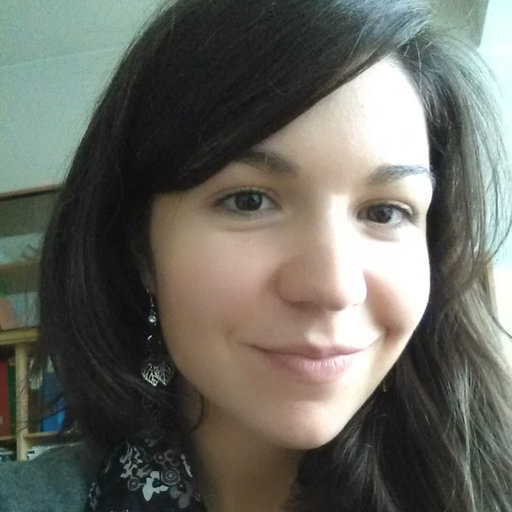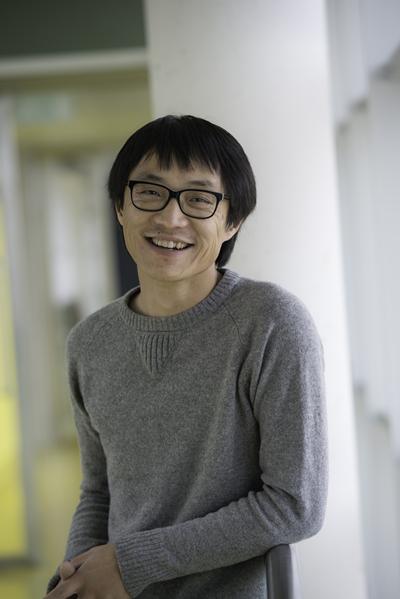Tidligere arrangementer - Side 82
The OSCAR detector array, a national infrastructure at the cyclotron laboratory, will be officially opened January 31 by the Minister of Research and Higher Education.
Vera Djordjilovic (Department of Biostatistics, University of Oslo) will give a talk on January 29th at 14:15 in the Erling Sverdrups plass, Niels Henrik Abels hus, 8th floor.
Michele Maggiore, University of Geneva
Luisa Cifarelli
University of Bologna and INFN, Italy
"Enrico Fermi" Historical Museum of Physics and Centre for Study and Research – Centro Fermi, Rome, Italy
Professor O.I. Klesov from National Technical University of Ukraine "Igor Sikorsky Kyiv Politechnic Institute" will give a mini-course on the following topic:
We discuss the notion of regularly varying functions and some applications in probability theory. Some of the topics to be discussed are in order. Note however that not all topics will be discussed in full detail. The final choice of topics will depend on the time available.
Hans Rudolf Künsch (Department of Mathematics, Swiss Federal Institute of Technology of Zurich, SUI) will give a talk on January 18th at 14:15 in the Erling Sverdrups plass, Niels Henrik Abels hus, 8th floor.
Violetta Sagun, CFisUC, Department of Physics, University of Coimbra (PT) and Bogolyubov Institute for Theoretical Physics (UA)
Li-Chun Zhang (Department of Social Statistics and Demographics, University of Southampton --- Department of Mathematics, University of Oslo) will give a talk on January 15th at 14:15 in the Erling Sverdrups plass, Niels Henrik Abels hus, 8th floor.
Marine Group/CEES Extra seminar by Kirstin Meyer-Kaiser
With the beginning of the new year, we kick-off with an informal workshop with three presentations.
Title: Microscale wave breaking and airflow separation in stratified two-phase pipe flow
by: Petter Vollestad, matematisk institutt, UiO.
Abstract: We perform an experimental study of stratified gas-liquid pipe flow with the aim to detect small-scale wave breaking and its influence on both the gas and liquid phase. Particle image velocimetry (PIV) is applied simultaneously in the two phases, and a criterion based on the vorticity in the crest region is used to detect microscale breaking waves. Airflow separation is frequently observed, and the study aims to investigate the correlation between small scale wave breaking and airflow separation above waves. Results indicate that at moderate gas flow rates, microscale wave breaking has a stabilizing effect on the airflow above waves, reducing the sheltered region in the lee of the wave crest and the turbulence directly above the waves. At higher gas flow rates, no influence of wave breaking on the airflow is observed.
Friday Mingle
Title: Cement foams: yield stress and stability
Speaker: Eirik Valseth (South Dakota School of Mines & Technology) Title: Automatic Variationally Stable Analysis for Finite Element Computations Abstract
Dawn Erb, University of Milwaukee
An abstract of the talk is available here.
Hva slags forvaltning vi vil ha – presser digitaliseringen fram nyskapninger vi ikke helt ser rekkevidden av? St?r vi ved et veiskille mht hvor passiv borgeren skal v?re?



